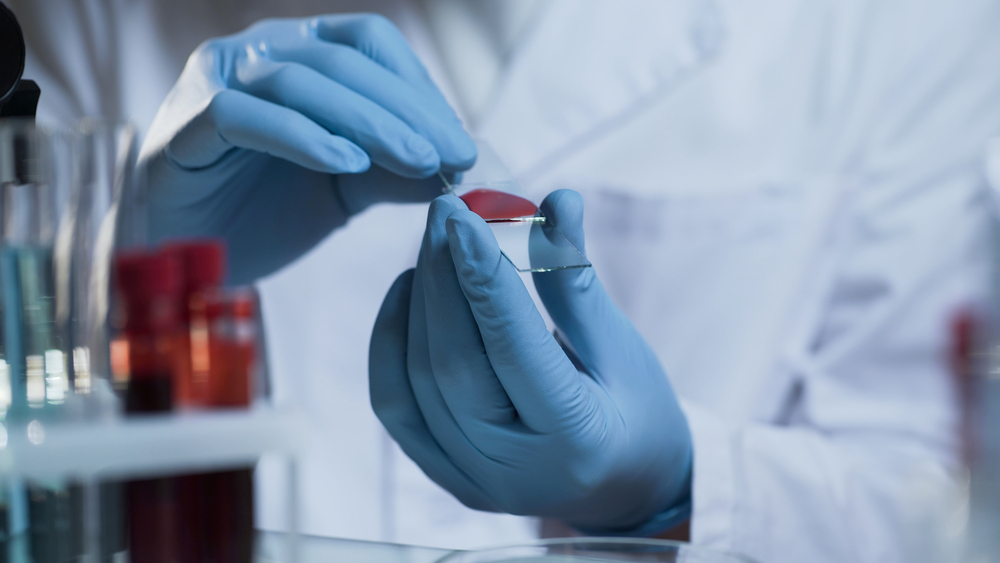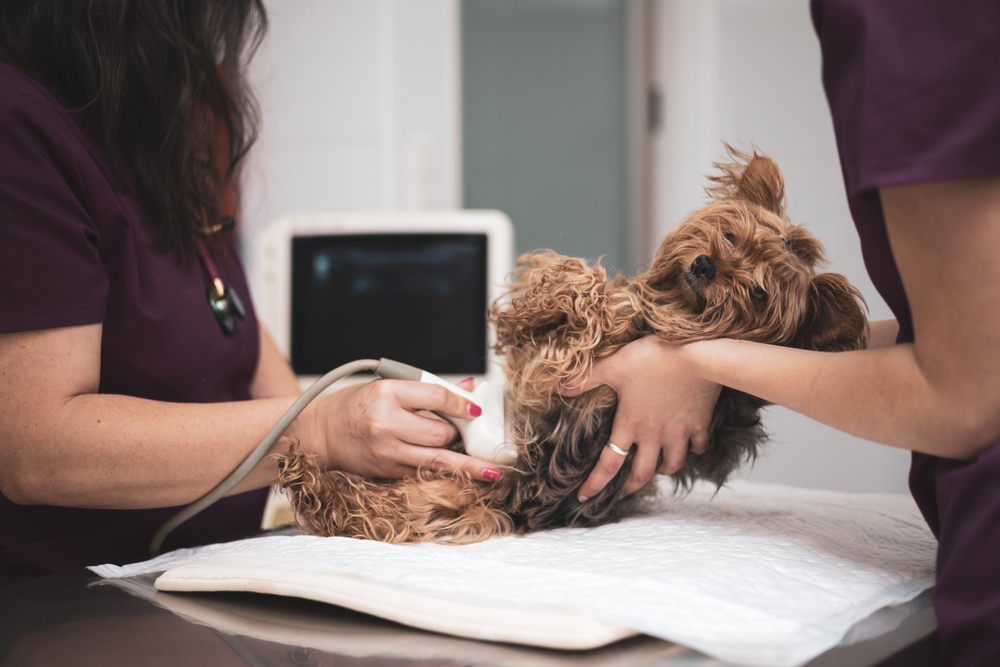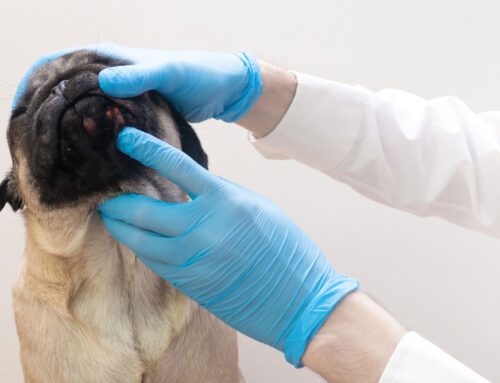“When will the results be back?” Our team hears this question almost every time we inform pet owners that we need diagnostic testing. We understand that when your pet is ill, you want results fast, and so do we. Fortunately, with our state-of-the-art laboratory and advanced diagnostic tools, we can rapidly find answers about your pet’s condition. Read on to discover the top five benefits of in-house diagnostic testing.
#1: In-house diagnostics provide speedy results
When a pet with an acute illness or injury comes through our door, we want immediate results so we can make a prompt, accurate diagnosis. Every second counts in an emergency or critical care case, so our in-house diagnostic testing capabilities are essential for guiding our diagnosis and treatment plan.
Pets who appear healthy also benefit from rapid results. For example, when we perform routine screening tests at your pet’s wellness appointment, we can detect hidden disease in its earliest stages before clinical signs develop. With a fecal exam, we can diagnose a whipworm infection before diarrhea occurs, or a urinalysis can spot tiny crystals formed because of the pet’s improper urinary pH.
#2: In-house diagnostics ensure correct treatment for your pet
By performing in-house diagnostic testing and receiving results before your pet’s appointment is completed, we can develop the appropriate treatment plan. If we had to send blood, fecal, or urine samples to an outside laboratory and wait for results to begin treatment, your pet’s condition could worsen. Instead of guessing a diagnosis based solely on physical exam findings and implementing a possibly ineffective treatment, we can provide the correct treatment at your pet’s appointment.
For example, your pet’s chest may sound crackly and wheezy when auscultated with a stethoscope, but X-rays and blood work can lead to a pneumonia diagnosis, and we can determine the most appropriate treatment course and quickly get your furry pal on the path to recovery.
#3: In-house diagnostics can save you money
In general, in-house diagnostic tests cost less money. Outside laboratories charge us fees that are typically higher than our purchase price for our own tests, so performing tests with no in-house equipment is usually more expensive. By running diagnostic tests in our hospital, we can pass savings on to you.
Certain diagnostics, such as ultrasound and endoscopy, often are necessary at more advanced general practice veterinary hospitals or specialty hospitals. However, specialty hospitals can be more costly than general practices. But, by providing advanced diagnostic tests at our own hospital, we do not need to refer you to a specialty practice.

#4: In-house diagnostics verify physical exam findings
When we perform a physical exam on your pet, we may discover issues that require diagnostic testing to confirm an accurate diagnosis. Common examples include:
- Areas of hair loss — A skin scraping can be examined under the microscope to search for mites, while a skin cytology can be analyzed for bacteria.
- Inflamed ears with excessive debris — A sample of the ear debris can be looked at under the microscope to check for different bacteria or yeast types.
- A fast-growing lump — We can take a fine needle aspirate of a mass that we can examine under the microscope to determine if cancerous cells are present.
- Soft stool — A loose stool sample deposited in the exam room can be examined for the presence of parasite eggs.
Performing these additional diagnostic tests in our hospital means your pet can receive treatment immediately for suspicious physical exam findings verified by tests.
More advanced diagnostic testing can be implemented for vague findings (e.g., a firm mass palpated in the abdomen). With X-rays and ultrasound, we can diagnose the mass as an enlarged kidney or abdominal tumor.
#5: In-house diagnostics reduce the need for multiple appointments
By offering a wide range of diagnostic tests at our hospital, we can often efficiently gather all the information we need to diagnose and treat your pet during a single appointment. If your pet is ill with vague clinical signs that do not clearly point to a specific condition, we may recommend performing various diagnostic tests until we find an answer, instead of running all available tests at once. While this can make the appointment lengthy, because of our advanced in-house diagnostic testing, you will not need to wait for an outside laboratory’s test results to tell us what additional tests are needed.
When you need answers about your pet’s condition fast, you can rely on our well-equipped in-house laboratory and diagnostic equipment. Contact our Palisades Veterinary Hospital team to schedule your pet’s appointment.







Leave A Comment